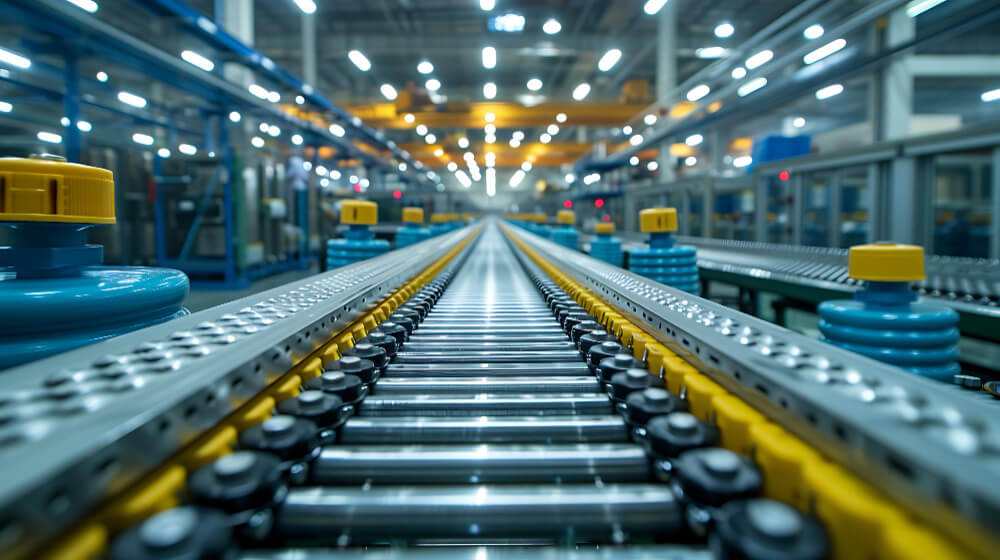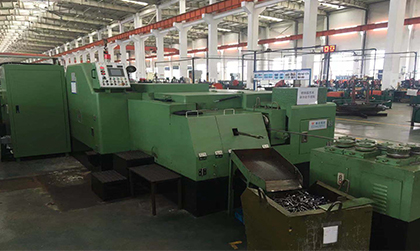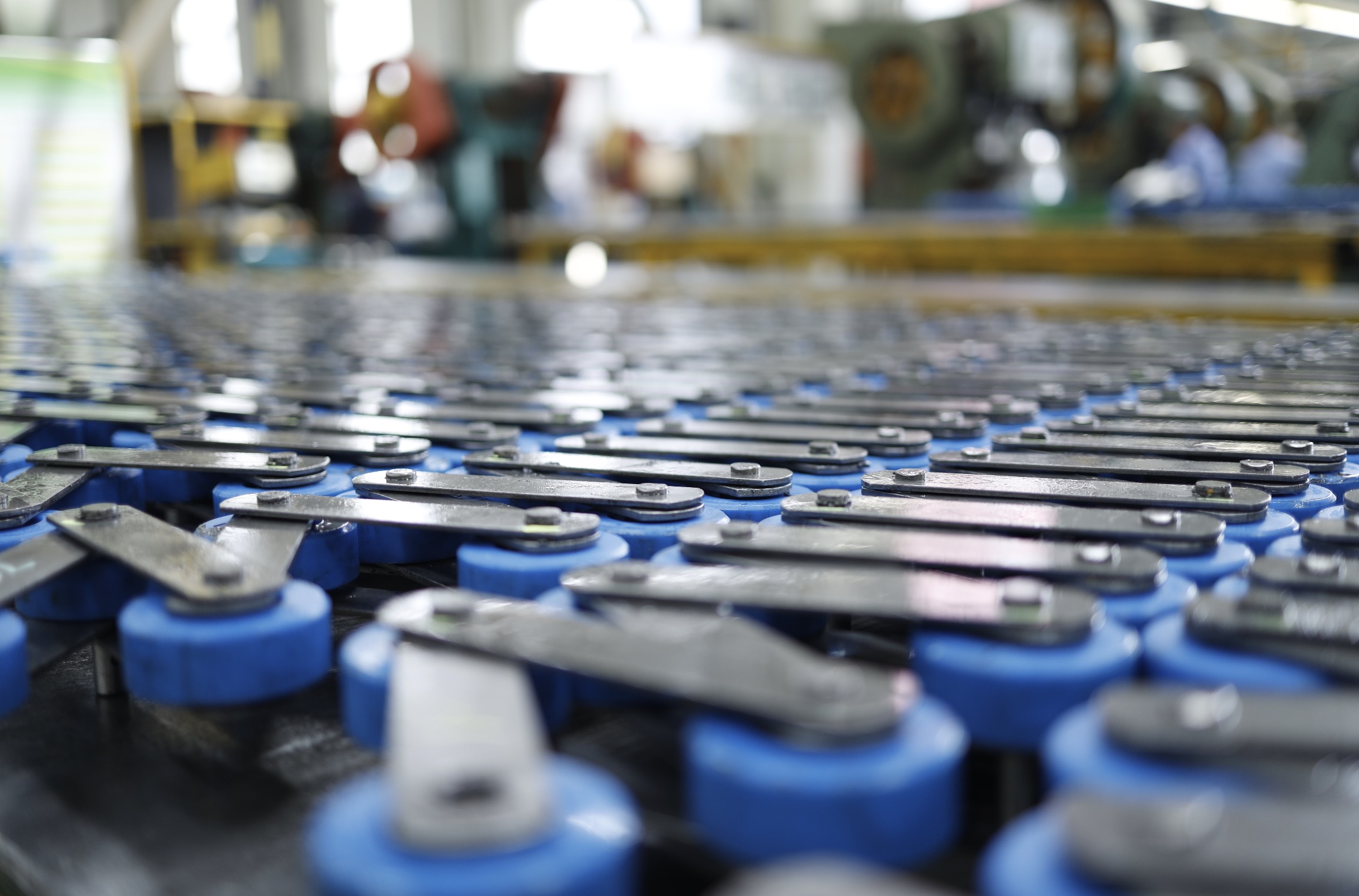Roller chains are a widely-used type of chain used in power transmission applications. Commonly found on conveyors, automotive, food and beverage machines, and farming equipment, roller chains provide an efficient means for transmitting energy to moving parts.
Roller chains consist of five main elements, such as pins, bushings, rollers, inner plates, and outer plates. Each component works together to form subassemblies that ultimately form the entire chain.
What is a Roller Chain?
Roller Chains are mechanical power transmission chains used to transmit energy between rotational shafts. They consist of several short cylindrical rollers connected by side links and propelled by a sprocket – a wheel with teeth on one end.
Roller chains are an often-used power transmission element in various applications such as conveyors, printers, cars, and motorcycles. Not only are these chain systems highly reliable and effective, but they’re also cost-effective to run.
Roller chain is available in a range of materials and configurations to meet specific application demands, including those with extreme temperature ranges. Common materials include steel or hardened steel, stainless steel, nylon, acetal, and polypropylene.
What are the Different Types of Roller Chains?
Roller chains are employed in a number of power transmission applications. They transfer energy from the engine to whatever needs to be moved.
Chains come in a wide range of shapes and sizes, with some designed specifically for certain applications. Types include standard, heavy-duty, double pitch for light loads, attachment options, and application-specific geometries.
Roller chains consist of pins, inner plates, bushings, and rollers, which are riveted together to form the chain.
Single-strand roller chains are the most commonly used driving chain type, offering a range of drive load capacities. For greater power requirements, designers may look into multiple-strand roller chains.
Single-pitch, straight-link chains can be shortened by taking out one link; multiple-pitch roller chains may require replacing two links with offset links to achieve the same effect. Triple-pitch chains are ideal for heavy-duty applications due to their solid rollers, which enhance rotation on the bushing and reduce impact loads on sprocket teeth during usage.
What are the Benefits of Investing in Quality Roller Chains?
Industrial roller chains offer numerous advantages to businesses, from improved efficiency to saving time and money in the long run. When investing in quality chains for industrial use, there are numerous advantages to be gained by upgrading.
Stainless steel roller chains can reduce the amount of wear and tear on your machinery, extending its lifespan. Furthermore, these chains are less vulnerable to rust and corrosion than traditional steel chains, which require regular upkeep for optimal performance.
Chains are an ideal choice for many machines that transmit power. They’re commonly found in trucks, agricultural equipment, material handling systems, and heavy-duty gear.
Based in China, Suzhou Universal Technology is a Chain Transmission Manufacturer. They produce process and market chains, sprocket wheels, transmissions, bearings, head gaskets, and more, with an emphasis on high-quality products and superior customer service.
The Company is a manufacturer of various chains and materials and an active participant in both the China Chain Association and China National Technical Committee for Chain Standardization. Its main products include A & B series standard roller chains, motorcycle chains, leaf chains, agricultural chains, double-pitch chains, conveyor chains, and special chains.
Their quality is assured by the ISO9000 quality management system, and you can trust for jack chain made of superior materials that meet international standards.


